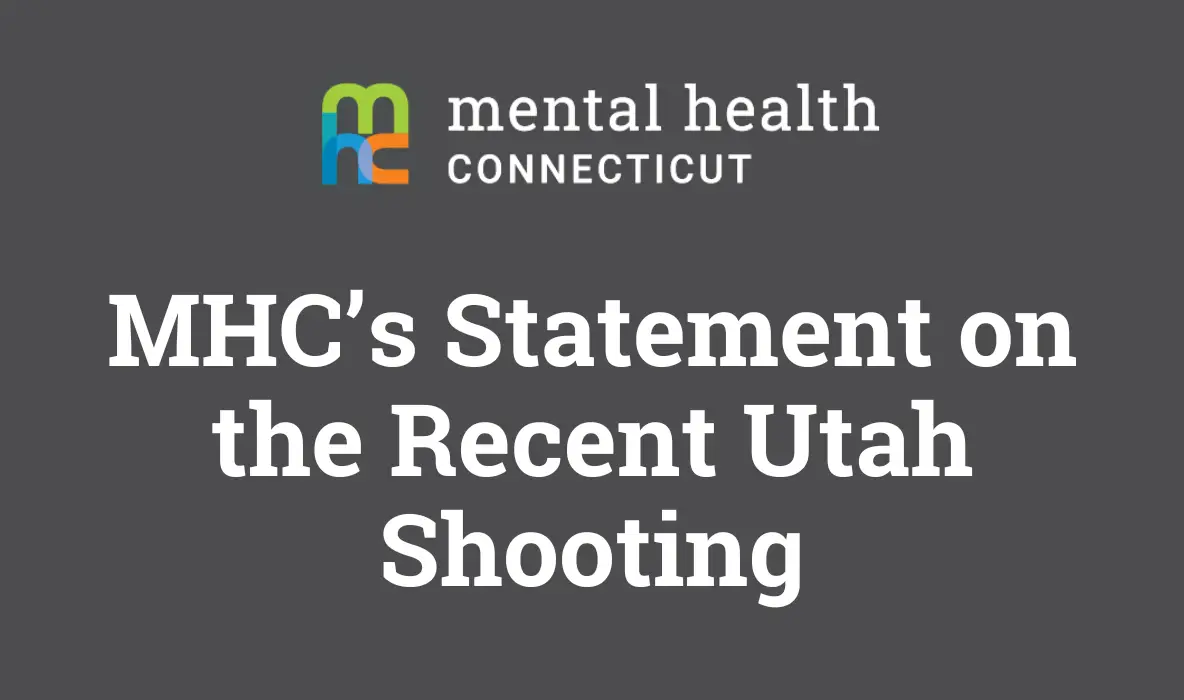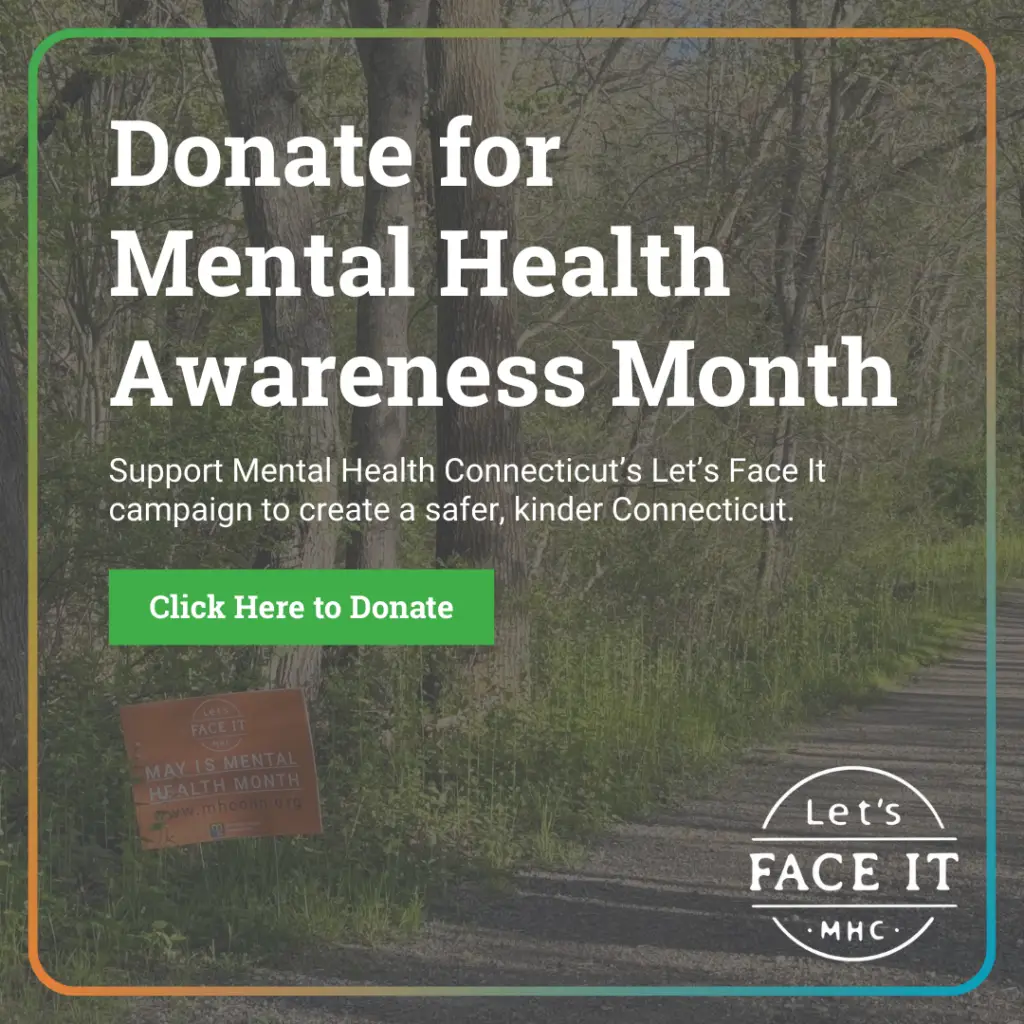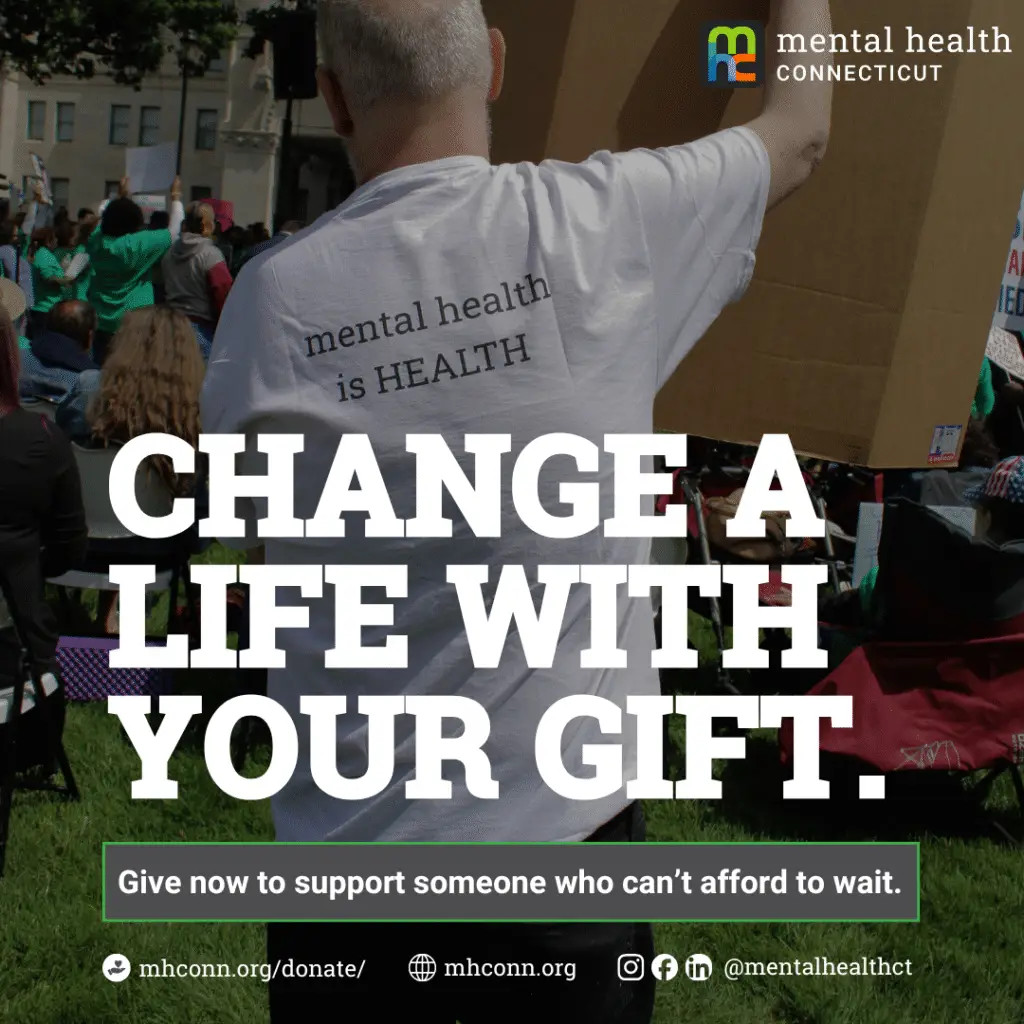Consistent with MHC’s vision of a future where well-being is rooted in respect for the condition of being human, political violence of any kind, whether directed at public figures, their families, or individuals, threatens our collective sense of safety and well-being. We are deeply saddened by the ongoing political violence and shooting of Charlie Kirk at Utah Valley University. While people may differ in their views of his beliefs, the reality remains that a human life was taken.
The impact extends far beyond one individual, touching his family and friends, as well as the students, faculty, and community members who witnessed and now carry the weight of this violence. Acts like this remind us of the urgent need to reaffirm our shared values of nonviolence, civil discourse, and respect for human life. We commit ourselves to rejecting violence in all its forms and working toward a future where differences are addressed through dialogue, empathy, and peace rather than through acts of harm.
In recent years, far too many school campuses, whether primary, secondary, or higher education, have become stages for violence, transforming places once devoted to learning, connection, and growth into spaces overshadowed by fear and uncertainty. Educational settings should be sanctuaries where ideas and creativity flourish. Instead, repeated acts of violence stifle emotional and intellectual development. The impact reaches far beyond those directly involved: students, faculty, and the greater community are left to navigate grief, anxiety, and the heavy burden of trauma that disrupts daily life and erodes our shared sense of safety.
We know that tragedies of this magnitude create ripples of trauma that last for years. Survivors, witnesses, and communities often experience lasting effects. We urge all who are struggling to seek support, lean on one another, and use the mental health and counseling resources available on campus and in the community.
Resources
- Find a warmline
- Tips for coping through a traumatic event
- Take a mental health screen
- Crisis Text Line
- Disaster Distress Hotline – This helpline, sponsored by the Substance Abuse and Mental Health Services Administration (SAMHSA), provides immediate counseling for people affected by any disaster or tragedy. Call 1-800-985-5990 to connect with a trained professional from the closest crisis counseling center within the network.
- 988 Suicide & Crisis Lifeline – The Lifeline provides free and confidential emotional support to people in suicidal crisis or emotional distress 24 hours a day, 7 days a week, across the United States. Call or text 988 to connect with a trained crisis counselor. Support is also available via live chat at 988lifeline.org.








